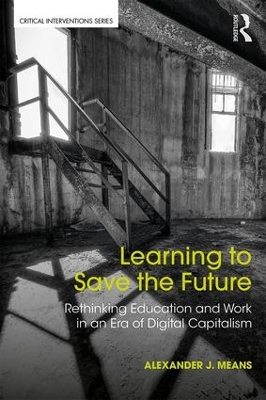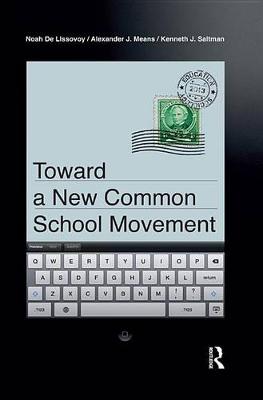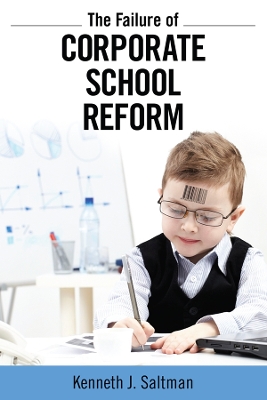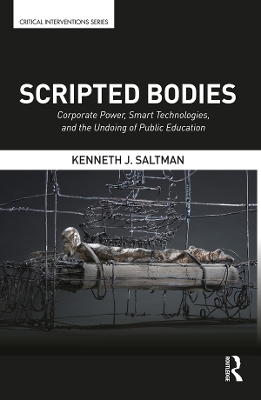Critical Interventions
4 total works
Mainstream economists and Silicon Valley entrepreneurs claim that unfettered capitalism and digital technology can unlock a future of unbounded prosperity, create endless high paying jobs, and solve the world’s vast social and ecological problems. Realizing this future of abundance purportedly rests in the transformation of human potential into innovative human capital through new 21st century forms of education. In this new book Alex Means challenges this view. Stagnating economic growth and runaway inequality have emerged as the ‘normal’ condition of advanced capitalism. Simultaneously, there has been a worldwide educational expansion and a growing surplus of college-educated workers relative to their demand in the world economy. This surplus is complicated by an emerging digital revolution driven by artificial intelligence and machine learning that generates worker displacing innovations and immaterial forms of labor and valorization.
Learning to Save the Future argues that rather than fostering mass intellectuality, educational development is being constrained by a value structure subordinated to 21st century capitalism and technology. Human capabilities from creativity, design, engineering, to communication are conceived narrowly as human capital, valued in terms of economic productivity and growth. Similarly, global problems such as the erosion of employment and climate change are conceived as educational problems to be addressed through business solutions and the digitalization of education. This thought-provoking account provides a cognitive map of this condition, offering alternatives through critical analyses of education and political economy, technology and labor, creativity and value, power and ecology.
Toward a New Common School Movement
by Noah De Lissovoy, Alexander J. Means, and Kenneth J Saltman
Toward a New Common School Movement is a bold and urgent call to action.The authors argue that corporate school reform in the United States represents a failed project subverted by profiteering, corruption, and educational inequalities.Toward a New Common School Movement suggests that educational privatization and austerity are not simply bad policies but represent a broader redistribution of control over social life-that is, the enclosure of the global commons. This condition requires far more than a liberal defense of public schooling. It requires recovering elements of the radical progressive educational tradition while generating a new language of the common suitable to the unique challenges of the global era. Toward a New Common School Movement traces the history of struggles over public schooling in the United States and provides a set of ethical principles for enacting the commons in educational policy, finance, labor, curriculum, and pedagogy. Ultimately, it argues for global educational struggles in common for a just and sustainable future beyond the crises of neoliberalism and predatory capitalism.
From drugging kids into attention and reviving behaviorism to biometric measurements of teaching and learning Scripted Bodies exposes a brave new world of education in the age of repression. Scripted Bodies examines how corporeal control has expanded in education, how it impacts the mind and thinking, and the ways that new technologies are integral to the expansion of control.
Scripted Bodies contends that this rise in repression must be understood in relation to the broader economic, political, and cultural forces that have produced an increasingly authoritarian society. This book details how these new forms of corporeal control shut down the possibility of public schools developing as places where thinking becomes the organizing principle needed to contribute to a more equal, just, and democratic society.



